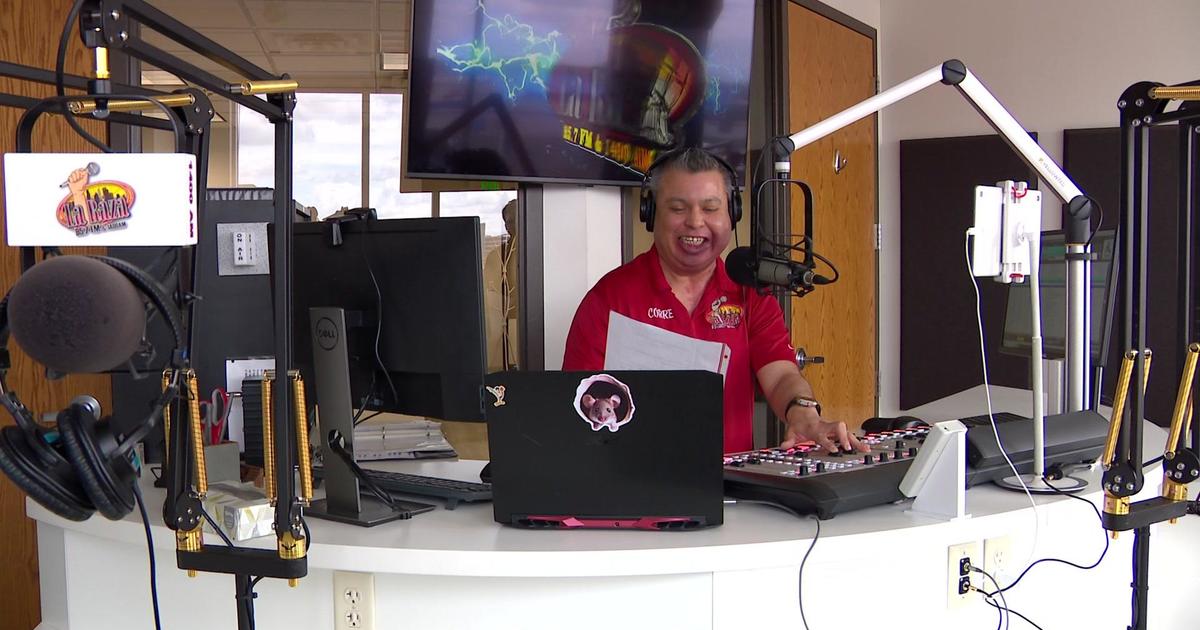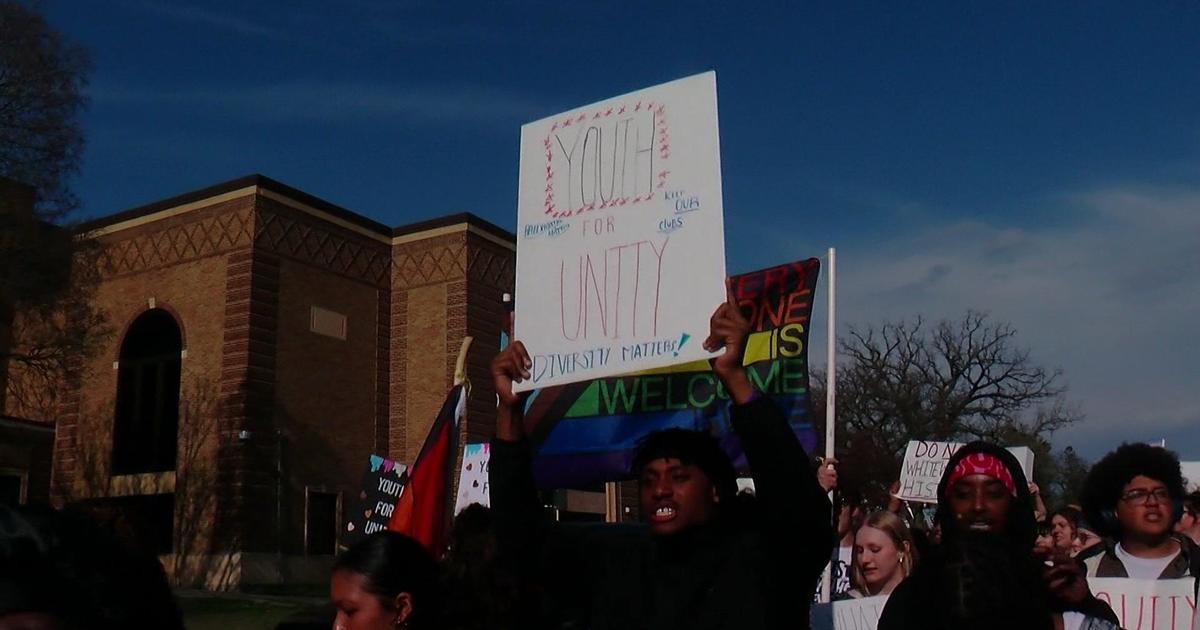Gov. Tim Walz Calls Paid Leave 'Top Priority' Of 2022 Session As State Is Projected To See Record Surplus
MINNEAPOLS (WCCO) -- For Sarah Piepenburg, passing paid leave is a personal fight.
She made arrangements to delay mortgage payments in order to give her beloved employee Linda Landsman time off without losing wages while she recovered from an injury.
"It's the right thing to do," she said, but "it was extremely difficult in that moment to come up with that money."
Later, Piepenburg said, Linda was diagnosed with ALS. Through tears, she pondered what could have been if her family could've taken leave to care for her in her final days.
"If her grandson had paid leave, he could've sat with her during those last weeks of her life," she said.
On Wednesday during a roundtable at her store, Vinaigrette in Minneapolis, she shared her small business struggle to provide good benefits to her employees to Gov. Tim Walz, who is angling to use some of the record-breaking $7.7 billion projected state budget surplus to support passing paid family and medical leave—an expansion of social policy that would make Minnesota one of just a few states to take that step.
Walz called it a "top priority" when state lawmakers return to St. Paul at the end of January.
"I think society has changed on this," Walz said, citing the pandemic's impact. "From a business perspective, if you say you're pro-business, you're supporting this piece of legislation."
Should Democrats succeed in their years-long quest to pass it, Minnesota would join just nine other states plus Washington, D.C., with similar policies, according to an analysis from the Kaiser Family Foundation.
There are still details yet-to-be sorted about what a paid leave plan next year would look like, but Walz and Department of Employment and Economic Development Commissioner Steve Grove on Wednesday said the intent is to use some of the surplus to cover the roughly $40 million it will cost to set up the program.
It would be funded on ongoing basis by a payroll tax to the tune of "a price of a cup of coffee per week per worker," Grove said, and it would go into a state account, similar to the unemployment insurance trust fund. An analysis of a previous proposal at the legislature estimated it would require more than $1.2 billion in new tax revenue.
The commissioner shared that more than a quarter of Minnesotans don't have access to such benefits. Workers would file for it through DEED.
Employers could opt out and pay a penalty, Grove added, and there will be a grant money available to "backfill" small businesses who can't afford to have an employee out of work for an extended period of time.
"We really see this as a workforce development program," Grove said . "It's stiff competition out there right now. We don't take anything for granted in our state. We have to differentiate Minnesota if we're going to win this next chapter of our economy."
DFL lawmakers have previously tried and failed to move legislation out of the state capitol and Republicans in divided government have not changed their position, which is against a state mandate and a tax increase on businesses. A proposal would need to clear the GOP-controlled Senate.
Last year, then-Senate Majority Leader Paul Gazelka called a paid leave plan "a one-size-fits-all option with a huge price tag" that will lack accountability.
Federal law allows some workers to take 12 weeks of unpaid leave following the birth or adoption of their child, but the U.S. is one of few countries with no national paid leave policy.
The "Build Back Better" Act that passed the U.S. House includes a pared down proposal of four weeks paid leave.



